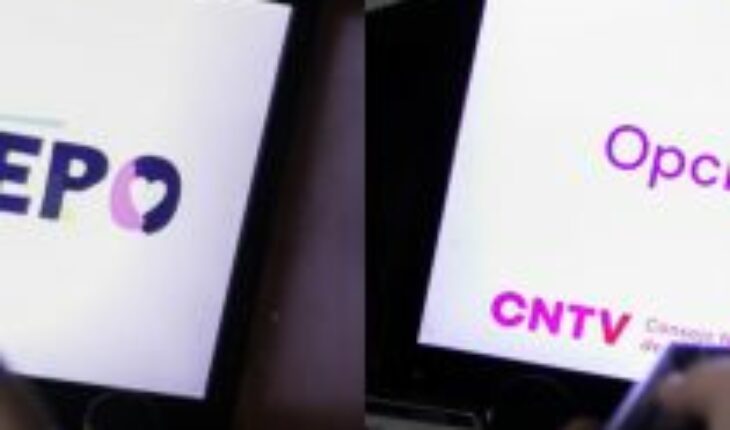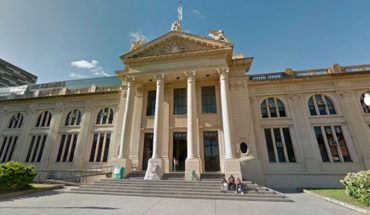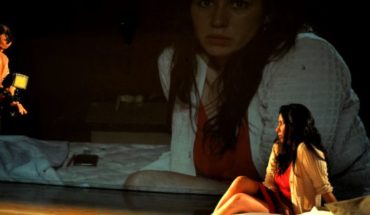737 hours of screen time on 17 television programs from four national channels were analyzed by the National Television Council (CNTV) in the month immediately preceding the constitutional plebiscite of September 4. The results of the screen study reveal the main aspects of television coverage of the process: the main voices of the debate were from political figures, the matinees spent more than 2,460 minutes talking about the constitutional issue and the campaign controversies were one of the main thematic focuses of news and mornings.
According to the CNTV study, there was balance in time given to both options of the constitutional plebiscite, in different television spaces. And it is also pointed out that, in addition to the fact that controversies were prioritized over constitutional contents, most of the voices of civil society that appeared on the screen came from the rejection of the proposal of the first constitutional convention in the country.
Depending on the membership or affiliation, the presence of actors from one side or the other on television was changing. The greatest balance was achieved in those who represent universities and study centers. On the contrary, representatives of civil society were 90% in favor of rejection. And the case of members of the Senate was similar: 63% were identified with that position.
For the president of the CNTV, Faride Zerán, “this study shows that television understands pluralism as a balance of ideas -which is not always present-, but not as a concrete expression of social diversity. Women, indigenous peoples and other neglected groups still appear underrepresented, even though our social discussion advances in the inclusion and enrichment of citizen conversation. We are at the right level in this matter and it seems to me that knowing these data will allow us to advance in concrete solutions that increase pluralism and, therefore, promote democracy, “says the journalist.
From the screen analysis carried out between August 1 and September 3, it is clear that the leading spokespersons of the public debate focused on political figures: the main spokespersons were in charge of former members of the constitutional convention with 24% of the total time dedicated to the subject, followed by representatives of political parties, former authorities and other political figures with 22%; while senators had 16% and deputies 8% of the total screen time. In total, political figures concentrated 82% of the time, while experts only occupied 8% of the total time spent talking about the constitutional issue. Meanwhile, civil society was represented in only 2% of the time and 3% of the indigenous peoples.
“This shows that citizens and civil society, after having had very prominent roles at the beginning of the process, disappeared almost completely from television, being replaced by traditional politics,” says the director of the Department of Studies, María Dolores Souza.
Parity to the due
As for the representation by sex, the protagonism was mostly male: 67.5% of the total minutes dedicated to talking about the constitutional proposal was in charge of men, while women accessed 32.5% of the time. This trend was much more marked in weekend morning news, where 82.9% of the spokespersons were male. Only in the thematic programmes dedicated to the constitution does female representation improve, with 40% of the time occupied by women.
“These figures are striking. We expected to find parity, considering that it is an issue that has been insisted on a lot in recent years, however, we find this enormous inequality in participation, “said María Dolores Souza.
Controversies over constitutional content
Campaign controversies were a key driver of news coverage. This is reflected in the data, according to which the day with the greatest coverage of the process was August 28, when acts of violence were reported in campaign activities in Santiago and about the controversy generated by a show at the close of the campaign in Valparaíso. That day, 45% of the time of the analyzed programs was dedicated to talking about the electoral environment, while the greatest disparity in the spokespersons is registered: 418 were from the Approval and 193 from the Rejection.
Coverage of topic cOnstitucional had more screen time in the morning spaces, adding 2,460 minutes (11% of its total time), while the central newscasts, allocated 1,186 minutes (12% of its time). The coverage time of these programs was mainly oriented to campaign events such as the “countdown” to the day of the plebiscite, the result of polls, etc.
The programs created especially to deal with the constitutional issue dedicated 1,120 minutes of screen, while the weekend morning news of CHV and Mega gave 2,857 minutes to the content around the plebiscite and the new constitution.
Of the total number of representatives of the constitutional convention that appeared on the screen, 54% of the time corresponded to figures of the Approve option. With regard to parliamentarians, 80% of deputies who had screen space were linked to the Approve option, while 63% of senators visible on television supported the Rejection option.
As for representatives of political parties or former authorities who appeared on television on this issue, 60% supported the Rejection option. Looking at the political affiliations of the party members who appeared on TV, it is striking that 78% of the representatives of the DC went for the Rejection option, even though, officially, the party supported the Approve option.
The most visible figures of the Apruebo option were Vlado Mirosevic, with 609 minutes of screen, followed by Bárbara Sepúlveda, with 342 minutes, and by Marco Enríquez Ominami, with 226 minutes. As for the Rejection option, the most visible figures were Jaime Bellolio, with 314 minutes, Mario Desbordes with 303 and Ximena Rincón with 271 minutes of screen.
For the president of the CNTV, this analysis is very relevant in the face of the historical process experienced in Chile. “At CNTV we believe it is a duty to promote more debates about pluralism on Chilean television. Our country faces fundamental decisions and this requires that people have at hand serious, verified and plural information, because only in this way can they know in a good way the different points of view, “says Zerán.
CnTV Studio by El Mostrador on Scribd
Follow us on





